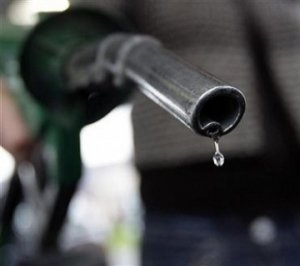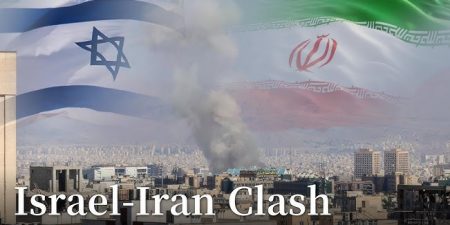 29 May 2012, Sweetcrude, LAGOS – NIGERIA’s newly-drafted Petroleum Industry Bill (PIB), if passed by the National Assembly, will direct oil companies operating in the country to end gas flaring by the end of this year.
29 May 2012, Sweetcrude, LAGOS – NIGERIA’s newly-drafted Petroleum Industry Bill (PIB), if passed by the National Assembly, will direct oil companies operating in the country to end gas flaring by the end of this year.
“Natural gas shall not be flared or vented after 31st December, 2012, in any oil and gas production operation, block or field, onshore or offshore, or gas facility, except under exceptional and temporary circumstances”, said a new draft of the PIB seen by Reuters.
“Any licenced company which flares or vents gas without the permission of the Minister in (special) circumstances … shall be liable to pay a fine which shall not be less than the value of gas,” Reuters further quoted the reform bill as saying.
Nigeria is the world’s second biggest burner of gas associated with crude oil production, after Russia.
Reuters reported that Nigeria flared some 30 billion standard cubic feet of gas in January, an equivalent to a third of the annual consumption of an industrialised country like the United Kingdom.
Of that, ExxonMobil topped the list, flaring 9.85 billion cubic feet out of 38.64 billion produced, while Chevron flared 8.25 billion cubic feet out of 19.23 billion.
Leading operator Shell, which runs Nigeria’s liquefied natural gas (LNG) plant, flared 5.44 billion cubic feet, a relatively small part of the 76.4 billion it produced.
All have been criticised by environmental groups, but the oil majors retort that they would be happy to trap all of the gas if the government provided them with a market for it.
The World Bank estimates that five trillion cubic feet of gas was flared globally last year, releasing 360 million metric tons of carbon dioxide (CO2) into the atmosphere, equal to France’s total emissions or 70 million cars’ worth.
But, most environmental campaigners admit this bill’s deadline is unrealistic.
Ledum Mitee, president of the Movement for the Survival of Ogoni people, said: “We are almost in June and the bill still has a distance to go before it becomes law. I do not therefore see the goal to be achievable within the stated time frame”.
Oil companies said trapping associated gas is not profitable enough without a market.
Global gas prices are at record lows and though Nigeria desperately needs it for electricity, its power sector is not organised enough to make much use of it.
“Harnessing gas is only half of the story; gas needs customers as well. To encourage further investment and to boost the supply of gas to domestic consumers, Nigeria needs a comprehensive and flexible gas infrastructure that allows for distribution,” said Shell on its website.



